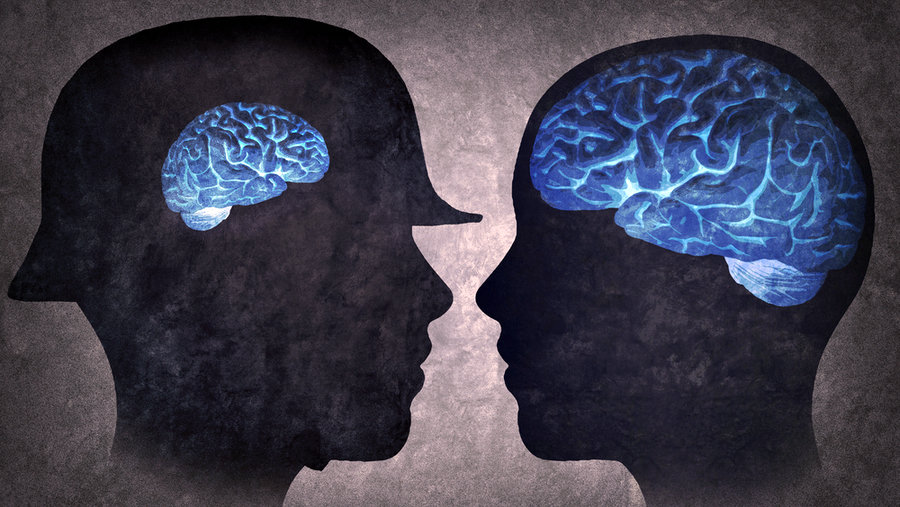Contents:
- Medical Video: Animal Brains: An Overview
- Facts about the size of the brain that you need to know
- 1. Residence
- 2. Specific genes
Medical Video: Animal Brains: An Overview
Do you know what size your brain is? Some say that someone with a larger brain volume is definitely smart. So, what really affects the size of the human brain? Here's the review.
Facts about the size of the brain that you need to know
The human brain is different. The brain in men is larger than women. The human brain has an average weight of 2.7 kilograms or 1,200 grams, which is about 2 percent of your body weight. Men have about 100 g greater than women after taking into account the difference in total body weight. Then, what affects the size of the human brain? This is the answer.
1. Residence
The location of human habitation on this earth can affect brain size. If you stay farther away from the equator, the size of the brain will be even greater because you have to adapt to conditions that are less light, especially the part of the brain that regulates visual abilities.
Likewise with humans who live close to the equator, the sun that shines throughout the year provides sufficient lighting so that the size of the brain tends not to enlarge. The average skull size of tropical humans is smaller than that of polar humans.
However, various studies show that brain size is not always related to the level of intelligence. Sometimes a smaller size brain can work more efficiently so that intelligence is higher.
According to a recent study conducted by Eiluned Pearce from Oxford University, the difference in brain size and skull bones was most prominent in the eye hole (eye socket) This reinforces the notion that lighting factors most influence brain size differences.
According to Pearce, the farther away from the equator, the less light so that humans evolved to form larger eyes. Bigger eyes mean more visual information is received, so the brain also enlarges in order to process more information.
Pearce concluded that after observing 55 ancient skulls from various periods and burial sites throughout the world. From the results of measurements of the skull and eye holes, he found that Scandinavians had the largest brain size.
People who live in the tropics have an average brain size that is small, which is around 22 milliliters. This size is slightly smaller than the average size of an Englishman who lives in a cold climate, which is 26 milliliters.
2. Specific genes
According to scientists, the size of a person's brain is influenced by a specific gene. The study was conducted by a medical team from the University of California Los Angeles, according to research team leader Paul Thompson, who found evidence of a component of genes that affect the brain.
The research data was obtained from brain scan samples and genetic data belonging to 21,151 people worldwide. The researchers found a specific gene connection for brain size variations, which naturally experienced shrinkage associated with increasing age.
Decreased brain volume usually signifies health problems such as Alzheimer's disease, depression, and schizophrenia. This was revealed by scientists in the journal Nature Genetic.
For example, the hippocampus is a part of the brain associated with memory formation and the work organization of the brain. The gene sequence rs7294919 on chromosome 12 is related to the variation of hippocampal volume. People with certain genetic variants in the region, called T-alleles, have smaller hippocampal volumes.












